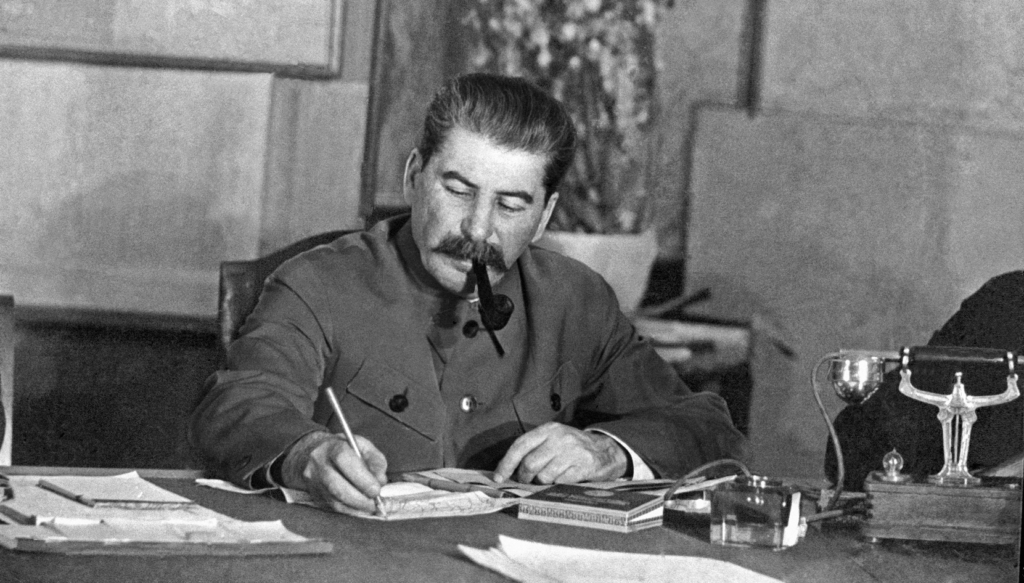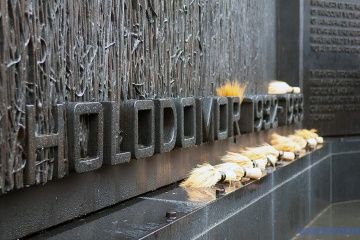The political sensibilities of a historic period may lead to decisions that result in unforeseen and undesired consequences down the historical road. The approval of the creation of Israel by the Soviet leader Iosif Stalin is one such event. True, shortly after wards the USSR would break the diplomatic relations with Israel, once its real natur became apparent. The USSR would even have to perform a little-known military operation against Israel to “dissuade” it from using nuclear weapons on its neighbours.
How did the USSR and Stalin personally create Israel, and why did the Jews betray the Soviet Union after that
6th of February 2021
In 1948, US President Truman was the first to recognize the State of Israel. And the Israelis do not get tired of reminding us about this till this day. Schools, libraries and hospitals in Israel are named after the 33rd President of the United States. For this reason, many mistakenly believe that the United States created the state of Israel.
But few people know that the key role in the creation of Israel was actually played by the Soviet Union and personally by Iosif Stalin. But how and why did the Soviet leader create Israel?
In January 1946, with a difference of only 2 days, Stalin received two letters. One was on behalf of the Jewish National Liberation Committee. The other came on behalf of the Arab committee. The authors of the first epistle asked Iosif Vissarionovich to help in the creation of a Jewish state on the territory of Palestine. The authors of the second one – to not let this happen. A year and a half later the whole world would learn of the decision that Stalin had made.




